Pentagon-ordered report faults US military on slaughter of Syria civilians
The US military could have done more to protect civilians trapped in Raqqa, Syria, as it pounded the city to rubble during a decisive battle with Daesh militants in 2017 that also killed as many as 1,600 civilians, a Pentagon-commissioned report has acknowledged.
"Raqqa endured the most structural damage by density of any city in Syria," said the report prepared by a government-sponsored think tank, the Rand Corporation, and released on Thursday.
That structural damage consisted of the destruction or impairment of 11,000 buildings between February and October 2017, including over 40 schools, 29 mosques, eight hospitals, five universities, and Raqqa's irrigation system, according to the report.
The RAND report further cited statistics by UK-based rights groups and non-government organizations (NGOs) as well as the US-led coalition itself which showed the significant number of civilian casualties that occurred as a result of the massive military campaign. Between June 6 and October 30 of 2017, the killed civilians numbered approximately 744 to 1,600.
By the end of the battle to take the city, the report noted, "60 to 80 percent" of it was "uninhabitable." There was also significant resentment of the population towards Washington and its local Kurdish allies, referred to as Syrian Defense Forces (SDF), with the huge structural damage and civilian casualties having "undermined…long-term US interests" in the region.
In 2017, Washington accelerated the multinational campaign against Daesh in Syria following a series of brutal terrorist attacks in Europe. Then-US Defense Secretary James Mattis famously described the new approach as a “war of annihilation” from which jihadist fighters were not supposed to escape.
The brutal battle and the claimed victory over the terror group -- originally backed and supplied by the US and its Western and regional allies -- came at a heavy price, with the killing of over 1,500 non-combatants and much of the city, including residential neighborhoods, leveled by intense American and coalition bombing, according to investigations by watchdog groups.
The US "conducted an estimated 95 percent of the total airstrikes during the Raqqa operation and all of the artillery strikes," according to RAND.
The most likely estimate of deaths due to the coalition is 774, according to Rand, a nonprofit think tank frequently contracted by the US military for research. However, SDF forces who helped the US-led coalition fight on the ground reported recovering 4,000 civilians from the city rubble, though it remains unclear how they were killed, the Rand review noted.
This is while the US coalition gave a much lower estimate of 178 killed during its Raqqa military campaign.
Despite the massive civilian toll inflicted by campaign, the RAND report insists that the US did not commit war crimes, claiming that the American military attempted to respect international laws regarding the protection of civilians in wartime.
It then added that there was "room for improvement," recommending that the US military – in the future – should be prepared to send more ground troops or forces into the field in order to gain better situational awareness and engagement, instead of simply relying on airstrikes with inevitable gaps in intelligence.
The RAND Corporation's report and its conclusion that no war crimes were directly committed comes months after the Pentagon announced that it was launching a probe into a US airstrike and bombing raid on the Syrian town of Baghuz in 2019, the last major battle to oust Daesh from its strongholds in the country.
The New York Times newspaper reported at the time that the results of that strike, which killed at least 80 civilians, was underplayed by the US military in an attempt to conceal war crimes.
The Barack Obama administration's deliberately small footprint in the war against Daesh in Syria, which continued during the Trump administration, has been credited with preventing significant American military casualties. But more than 10,000 US-backed Kurdish militants died in the campaign, and its true civilian death toll may never be fully accounted for, given difficulties in distinguishing the victims from those of Daesh and other Western-backed terrorists engaged in the Syrian terror campaign to oust the Damascus government.
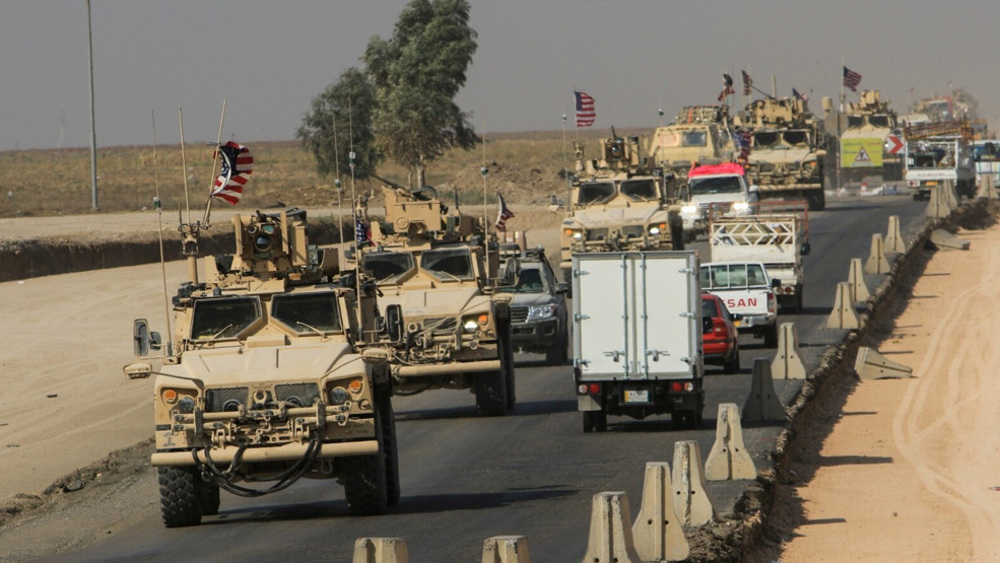
US arms convoys enter Iraqi Ain al-Asad base from Syria: Report
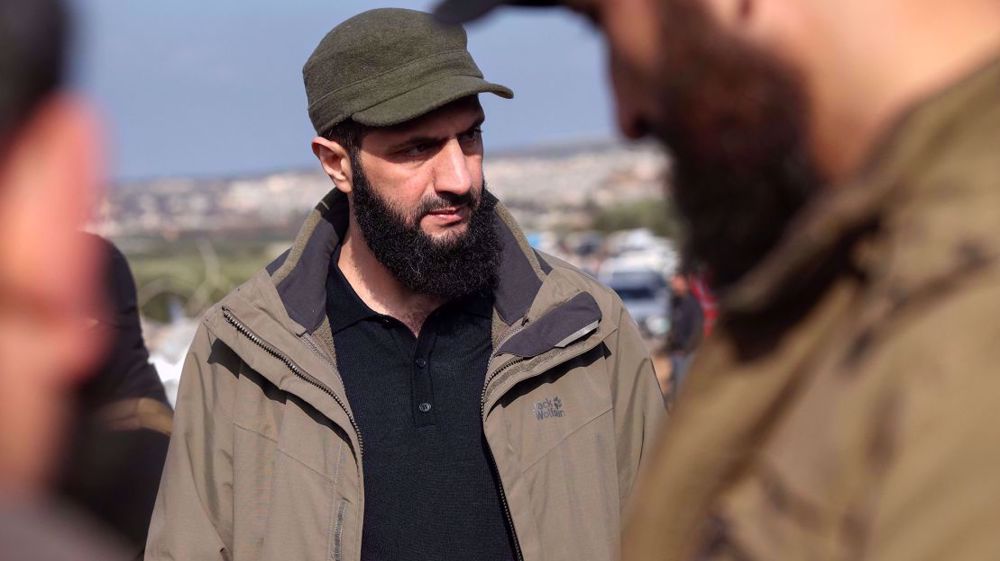
Syria’s self-proclaimed president can be arrested if he visits Baghdad: Iraqi figure
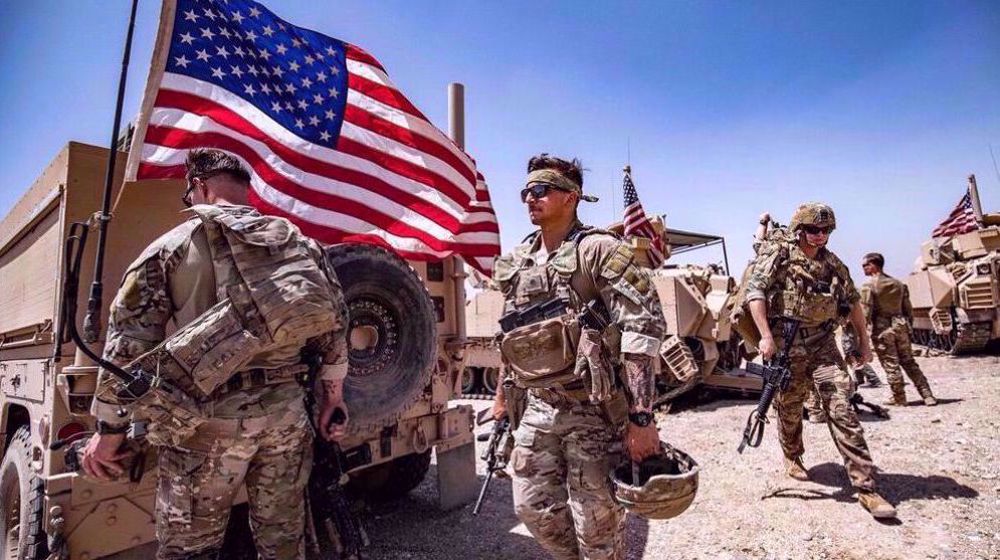
US military to reduce Syria troops to under 1,000: Pentagon
Iran condemns baseless GCC claims on 3 Persian Gulf islands
At least 65 Palestinians killed inside Israeli prisons
VIDEO | US deadly aggression vs Yemen
Iran denies US investors will be present in its trade fair
Israeli forces kill three Palestinians in intensified West Bank raids
VIDEO | Press TV's news headlines
Nearly 600 children killed in renewed Israeli assault on Gaza: UN agency
Moroccan port workers protest Maersk ship carrying F-35 parts to Israel


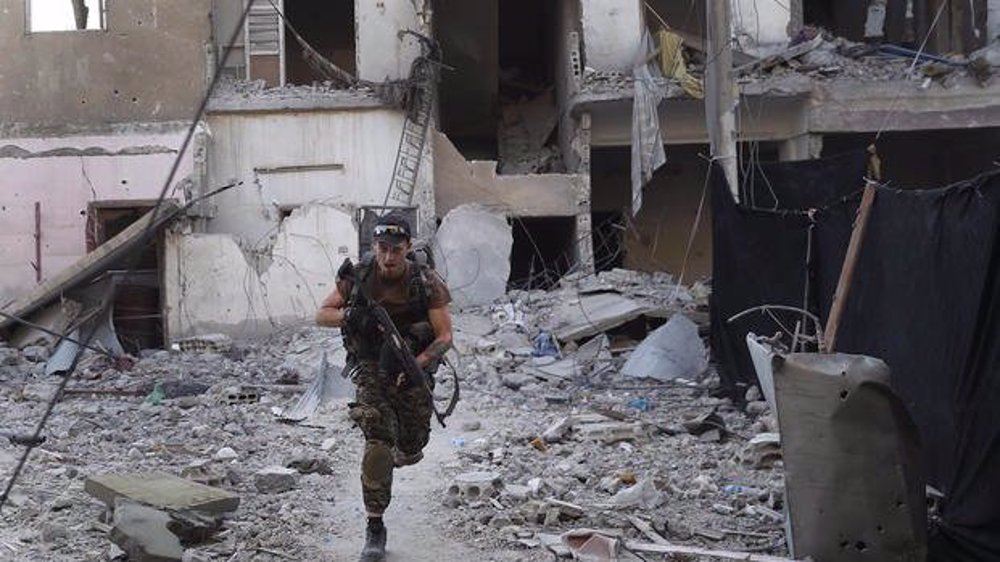
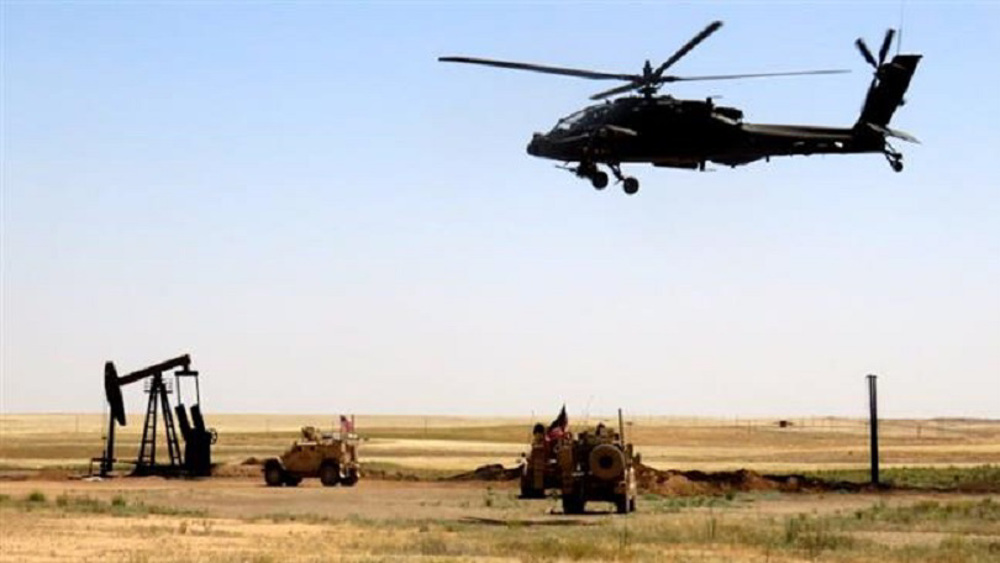
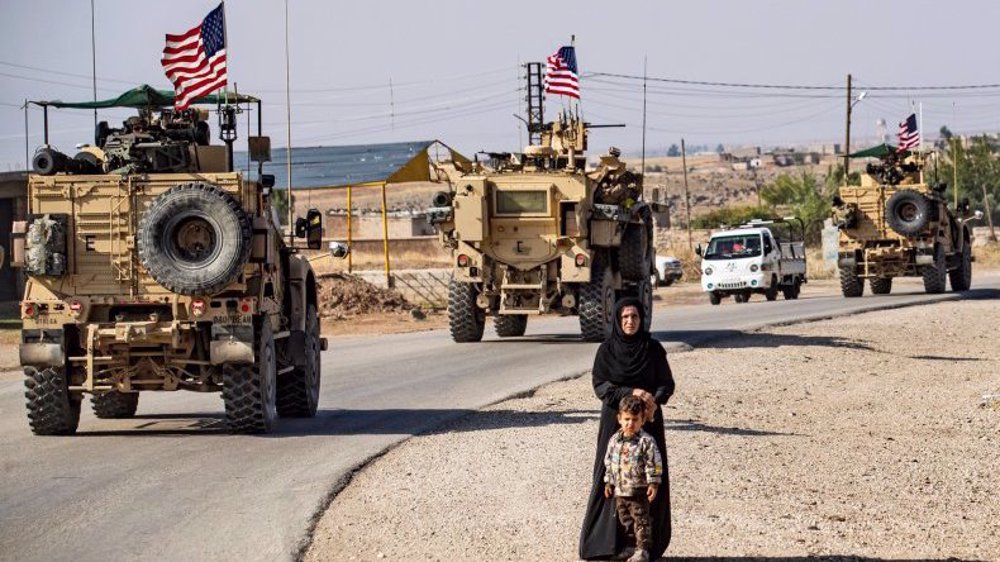



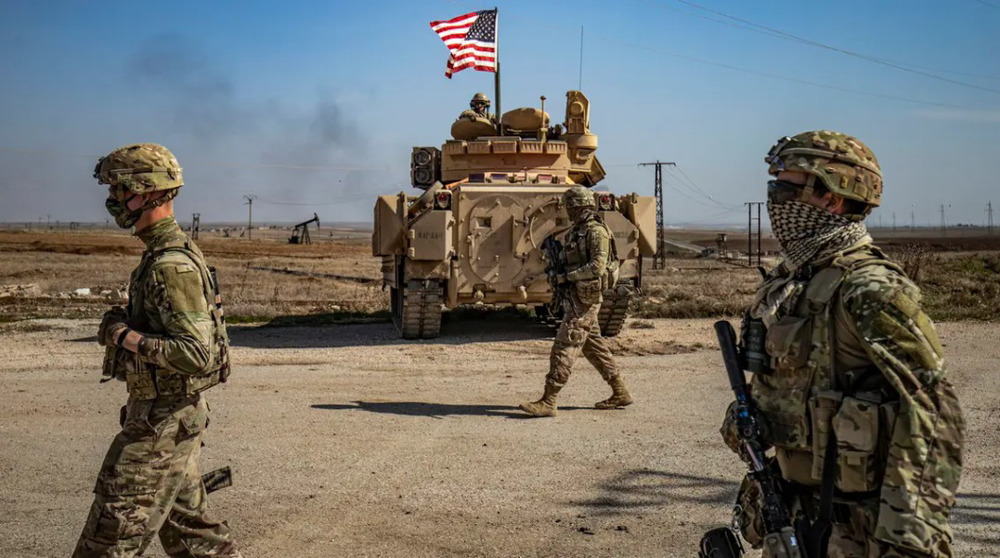
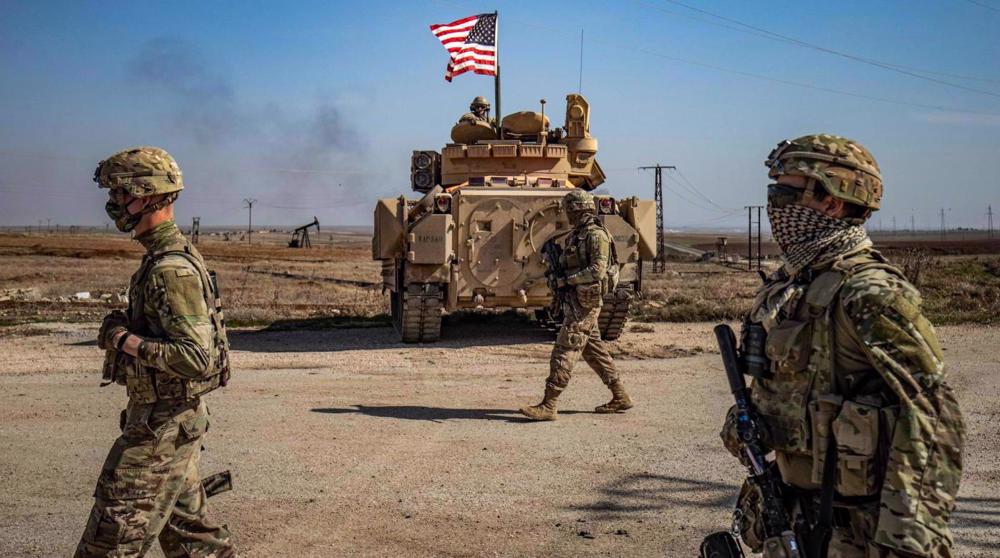

 This makes it easy to access the Press TV website
This makes it easy to access the Press TV website